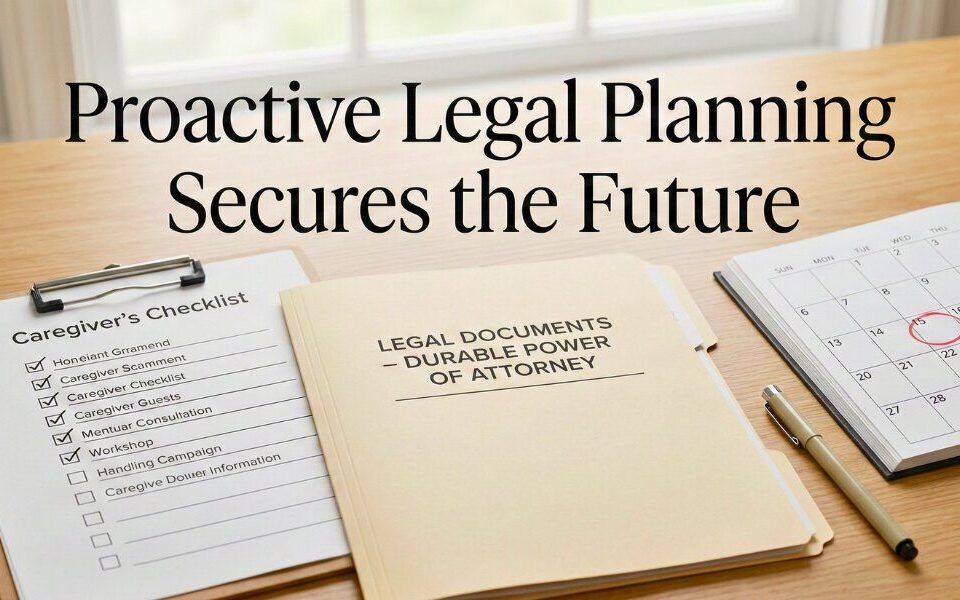As you age, there is always the chance you might lose the ability to make decisions for yourself. In those situations, you will need someone to make decisions on your behalf. That is where seniors and their families may need to understand the difference between conservatorship vs guardianship. This post will explore those differences.
Exploring Conservatorship vs Guardianship
What is a Conservatorship?
A conservatorship is a legal arrangement where a court appoints an agent to handle the financial affairs of another person. The agent is known as the “conservator.” In the case of a senior, it could be that the individual is no longer capable of managing their finances. A condition like dementia or an injury that rendered the person unconscious may be the cause. A conservator may have complete control over their ward’s finances.
What is a Guardianship?
Guardianships differ from conservatorships because the scope focuses more on the ward’s care. A court may appoint a guardian if an individual is unable to make decisions concerning their healthcare. Like a conservatorship, it could result from cognitive decline or injuries, rendering the person unable to make decisions. However, the authority does not extend to the ward’s finances. The guardian might make decisions about medical treatments, like whether to keep the person on life support or consider organ donation. They might also make decisions about long-term care.
How Does a Court Select a Conservator or Guardian?
Before the court can appoint a conservator or guardian, it must rule on whether the person is incapacitated. The first choice for guardian or conservator will usually be a spouse if the person has one. If they don’t have a spouse or the spouse is also incapable, they might move to a close family member. An adult child or sibling could serve as conservator or guardian. If no immediate family members are available, the court may appoint a friend or more distant family member. Sometimes, it might be necessary to appoint a professional guardian or conservator.
Can the Court Appoint Both?
A court might appoint a conservator and a guardian for the same individual. A court might often appoint the same individual to serve both roles. However, it might be necessary to have two different people for the roles of conservator and guardian.
Avoiding Conservatorship and Guardianship
Many seniors don’t like the idea of a court deciding who will take over their healthcare or financial decision-making. However, there are ways to avoid these issues or maintain control.
A power of attorney (POA) can be beneficial in these situations. With a healthcare POA, you can grant a person the power to make medical decisions. Financial power of attorney can also ensure a trusted person makes financial decisions. Seniors can also set up living wills to ensure their medical wishes are known.
However, you must create these legal documents before you need them. That’s why seniors should consult attorneys to learn more about incapacity planning.




